How Does A Filtrete Filter Differ From A Hepa Filter
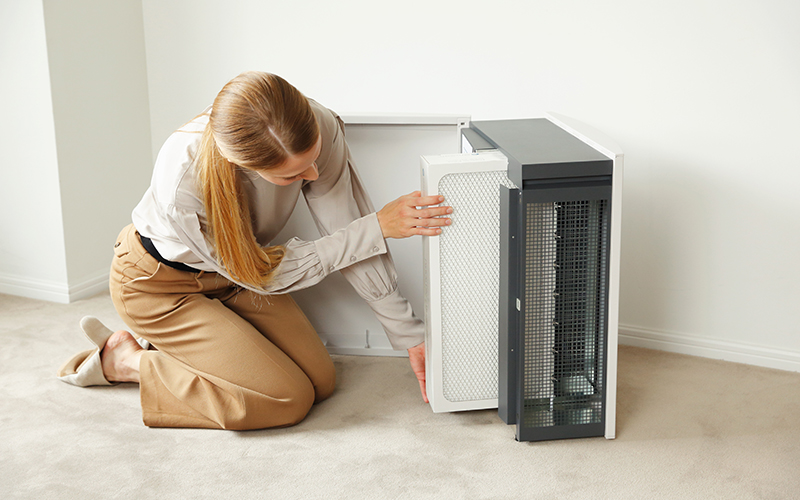
-
A filter is a key component of an air purifier. It plays an important office in capturing airborne pollutants, thus providing clean air.
-
HEPA filters need to be replaced every 6-12 months for air purifiers to piece of work at their best. Cleaning information technology manually volition only make it worse.
-
While information technology is good to know the efficiency rating of a filter, it is more important to know the performance of the air purifier as a consummate organisation.
A filter is ane of the almost crucial components of an air purifier. It catches airborne particles from the air and allows make clean air to pass through. As important as information technology is, there have been many questions surrounding filters, such as "What type of filter is the best?" and "Why practice nosotros have to supersede filters instead of just cleaning them?" This article will explicate to you lot the mechanics of a filter, answer frequently asked questions, and assistance you better sympathise what you should be focusing on when choosing a skillful air purifier.
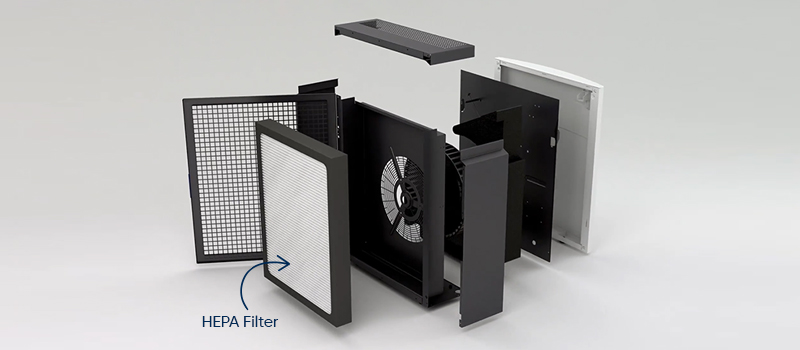
What Is a HEPA Filter and How Does It Work
The type of filter commonly used in a quality air purifier is known as HEPA filter, which stands for "Loftier-Efficiency Particulate Air" filter.
Typically, HEPA filters are fabricated of polypropylene or fiberglass material, composed of arrays of fine threads. They can capture almost any solid particles, ranging from viruses to allergens such as pollen and dust.
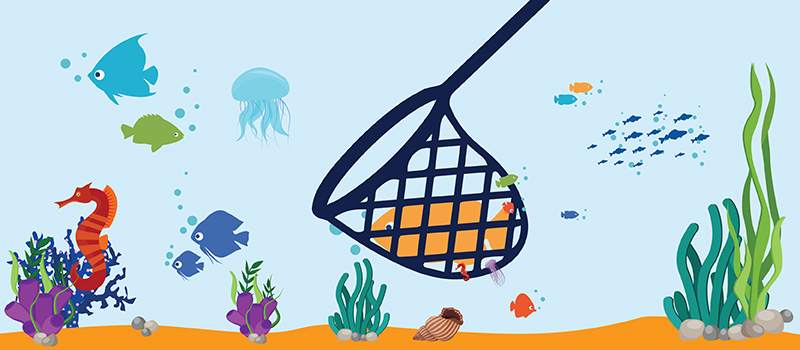
HEPA filters function just like how a fish net does. If a big fish were to swim into a net, information technology would easily be caught. Yet, water and smaller fishes are complimentary to slip through. The same basic principle applies to a HEPA filter used in an air purifier.
When air passes through fibers in a HEPA filter, larger particles in the air (typically > i micron) are trapped between the fibers in a procedure that scientists called straining and impaction. Gaps in betwixt the fibers allow cleaned air to flow through.
It is easier to imagine how larger particles get filtered. However, information technology is tricky to understand the concept backside how smaller particles are removed from the air by a HEPA filter. In relation to that, is the concern whether HEPA filters can actually remove smaller particles the size of less than 0.i microns, that seemingly will escape through gaps between the fibers.
Fortunately, two more processes enable HEPA filters to remove smaller particles (< ane micron, aye including viruses) not defenseless between the fibers, they are chosen interception and improvidence. Interception involves particles in the airflow that weave around the fibers until they come up into contact with them and get caught. Whereas the even smaller particles really get bounced around like a pinball when they hit gas molecules in a phenomenon called Brownian motion that they ended upward crashing and lodging themselves in the fibers. This process is called improvidence, and via this filtration mechanic, very small particles are captured by a HEPA filter.
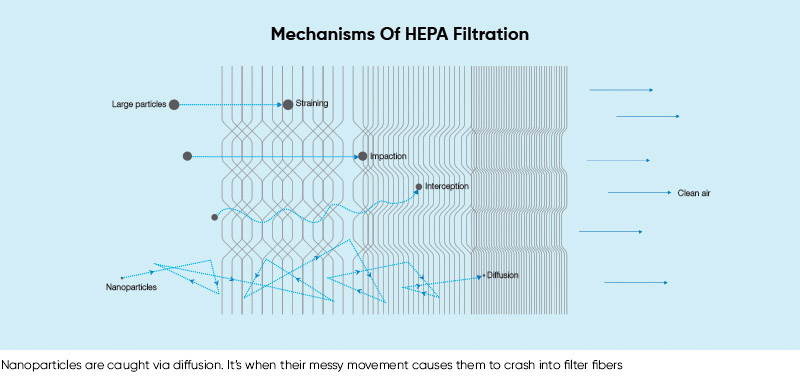
Why HEPA Filters Need To Be Replaced Regularly and Non Done or Vacuumed
Understanding how HEPA filters work in capturing airborne particles equally tiny equally a couple of nanometers leads united states to a commonly asked question regarding whether they should be replaced regularly and why they can't be cleaned by washing or vacuuming.
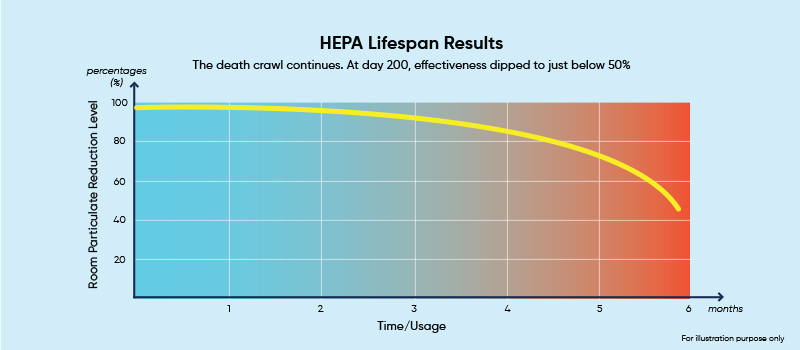
Filter efficiency, airflow, and the overall filtration performance of an air purifier driblet significantly when the filter media is clogged up from prolonged use. Vacuuming will result in the fibers coming loose, widening the gaps in between, and allowing more than particles to flow through. Similarly, applying whatsoever type of force to dust out the filter will end up dissentious it, whereas washing information technology will clog the fibers and restrict the filter'southward ability to filter air.
In club to maintain the high-operation level expected from an air purifier, it is therefore recommended that filters exist replaced at a half-dozen to 12-month interval, based on 24/7 usage as recommended past health experts. Without regular filter replacement, any air purifier volition be operating at but a small fraction of its designed capability, fifty-fifty when it is switched on.
HEPA Filter Grades
A HEPA filter's performance shows how well a HEPA filter can remove particle pollutants from the air. This can exist shown by its ratings.
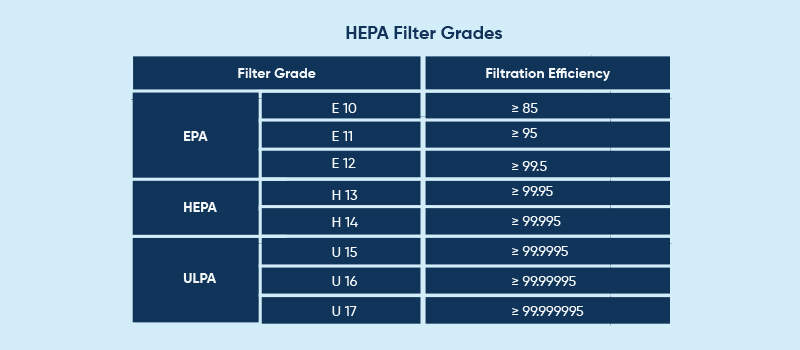
These ratings or grades determine the theoretical efficiency of a HEPA filter, which is how well they filter out particles. HEPA13 filters have an efficiency rating of 99.95% for particles up to 0.3 microns in diameter. EPA12 filters have a lower efficiency rating whereas ULPA15 filters accept a higher efficiency rating. While it is proficient to know the rating of a filter, information technology is more important to know the performance of the air purifier as a complete system in removing pollutants and producing clean air. Therefore, information technology is more of import to understand an air purifier's CADR performance which shows the air purifier's operation as a whole. This will be explained in another article.
Then far, this article has covered HEPA filters. Specifically, what they are, how they work, how you can care for your filter, and the effects of not doing so. Fresh, clean air should be everyone'due south superlative priority, but that isn't achievable with a filter alone. It is important to pay attention to the overall efficiency of an air purifier, for the best reference of its performance in delivering clean air.
Written by Uma Rahardja (xiv-yr-old) & Alex Seo (14-year-old)
In conjunction with #Freedomtobreathe campaign past Blueair, Higienis Republic of indonesia invites kids to voice their agreement and thoughts on air pollution, its agin wellness furnishings, as well as mitigating actions required.
Disclaimer: The authors of this article have given full consent to publish their writing on www.higienis.com. The opinions expressed in this article are that of the authors' ain and practise non entirely reflect the view of Higienis Indonesia. Whatsoever content provided by the authors does not intend to malign any brand, company, organization, or individual.
SOLUTIONS
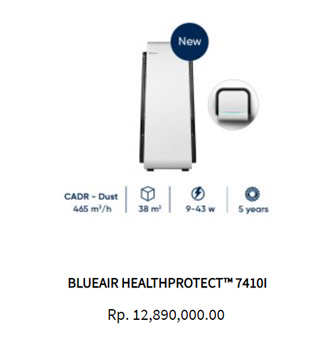

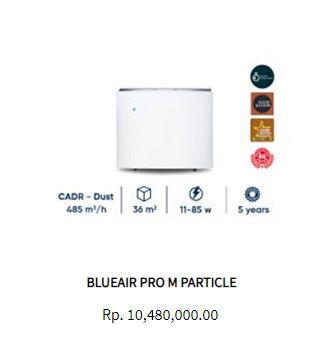
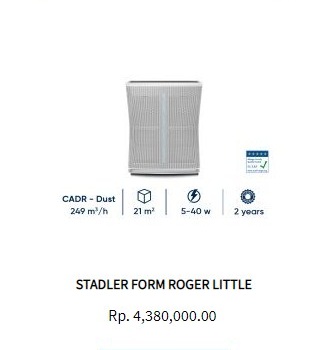
How Does A Filtrete Filter Differ From A Hepa Filter,
Source: https://www.higienis.com/blog/all-you-need-to-know-about-hepa-filters/
Posted by: beckfign1986.blogspot.com


0 Response to "How Does A Filtrete Filter Differ From A Hepa Filter"
Post a Comment